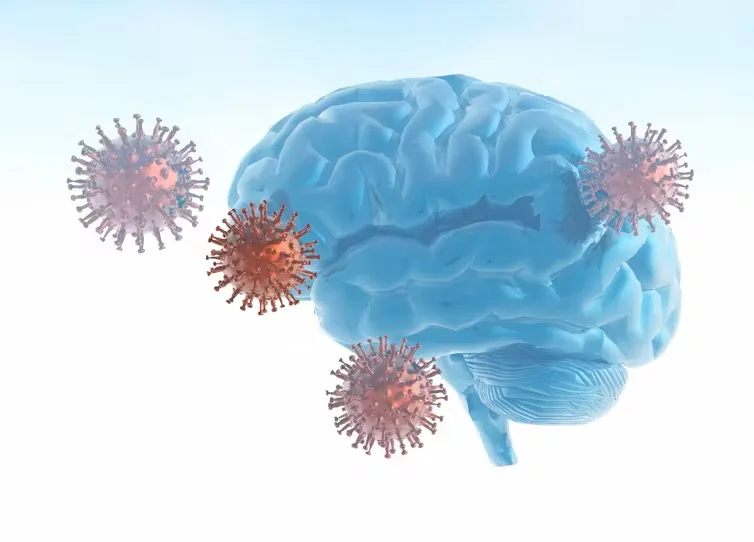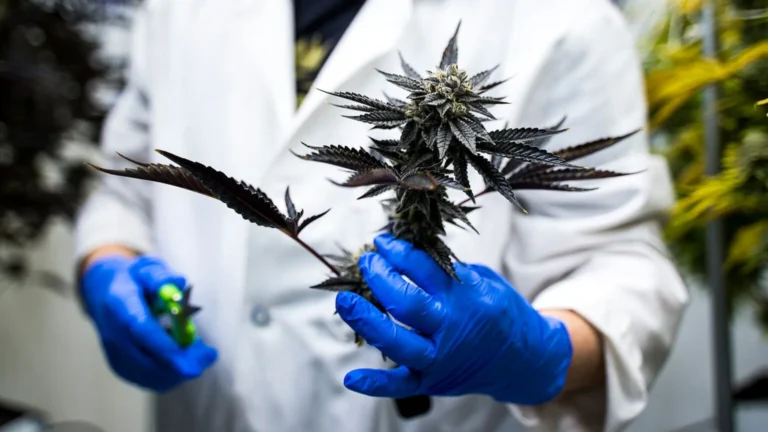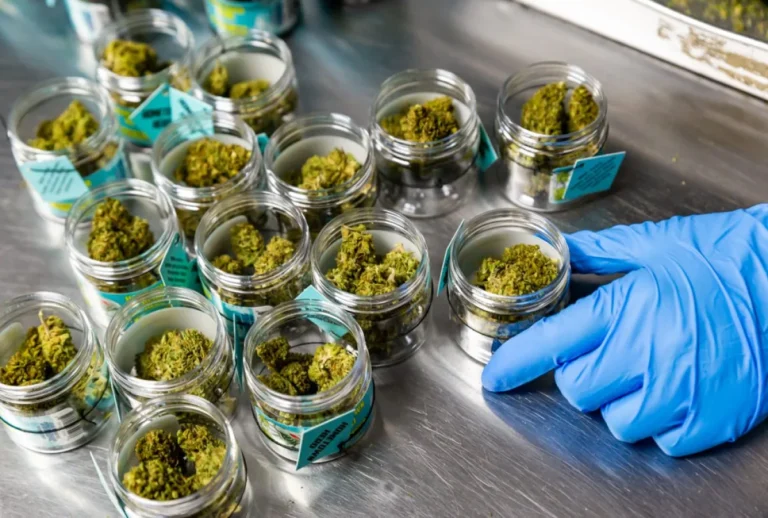Does Delta 9 Give You Brain Fog
Delta 9-tetrahydrocannabinol (Delta 9 THC), the main psychoactive compound in cannabis, is well-known for producing a euphoric high. Alongside this effect, some individuals report cognitive changes, such as mental cloudiness or brain fog, after consumption. To determine whether Delta 9 contributes to brain fog, it’s crucial to explore its interaction with the brain and the variables that shape personal experiences.
Brain fog refers to a temporary state of mental confusion, reduced concentration, and slower cognitive function. Though not a clinical condition, it is a commonly acknowledged experience linked to factors like stress, exhaustion, and certain medications. Among cannabis users, the sensation of brain fog is often tied to Delta 9’s influence on the endocannabinoid system (ECS), which governs critical functions such as memory, mood, and focus. Delta 9 THC directly engages with CB1 receptors in the brain, impacting these processes.
When Delta 9 interacts with receptors in the brain, it influences the release of neurotransmitters, leading to its signature psychoactive effects. These effects can cause temporary changes in cognitive functions, including attention, memory, and decision-making. Whether these changes are experienced as brain fog depends on factors such as the dose consumed, the individual’s tolerance level, and unique brain chemistry.
For some, higher doses of Delta 9 are more likely to diminish mental clarity. This happens because overstimulating CB1 receptors can interfere with normal neural communication, resulting in a feeling of mental sluggishness. Conversely, lower doses may produce subtler effects or, in some instances, improve focus. Personal reactions to Delta 9 vary significantly due to differences in metabolism, prior cannabis use, and the particular strain or product involved.

The cognitive effects of Delta 9 THC are typically short-lived, dissipating as the body processes and eliminates the compound. However, consistent or heavy use, especially among adolescents or young adults with developing brains, may result in more enduring impacts on memory and focus. This highlights the need for mindful consumption and an understanding of personal tolerance levels.
Other factors, such as inadequate sleep, poor dietary habits, and high stress, can also contribute to feelings of mental fog. Individuals experiencing cognitive dullness after using Delta 9 may benefit from examining these aspects of their lifestyle alongside their cannabis use. Incorporating cannabidiol (CBD), a cannabinoid with soothing properties, may further help mitigate some of Delta 9’s psychoactive effects.
Ultimately, while Delta 9 THC can temporarily influence cognitive performance, the extent of brain fog depends on variables like dosage, tolerance, and usage patterns. Most effects are transient, but being attuned to your body’s response and using Delta 9 thoughtfully can reduce any adverse cognitive outcomes. As cannabis research evolves, a deeper understanding of its effects will guide more informed usage practices.






